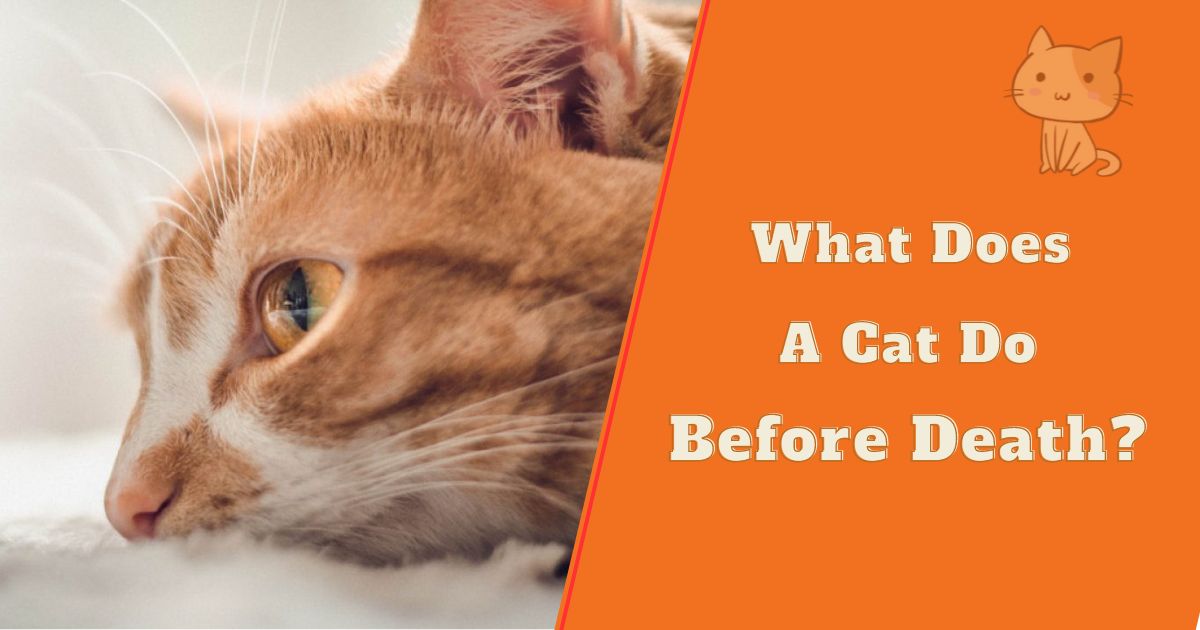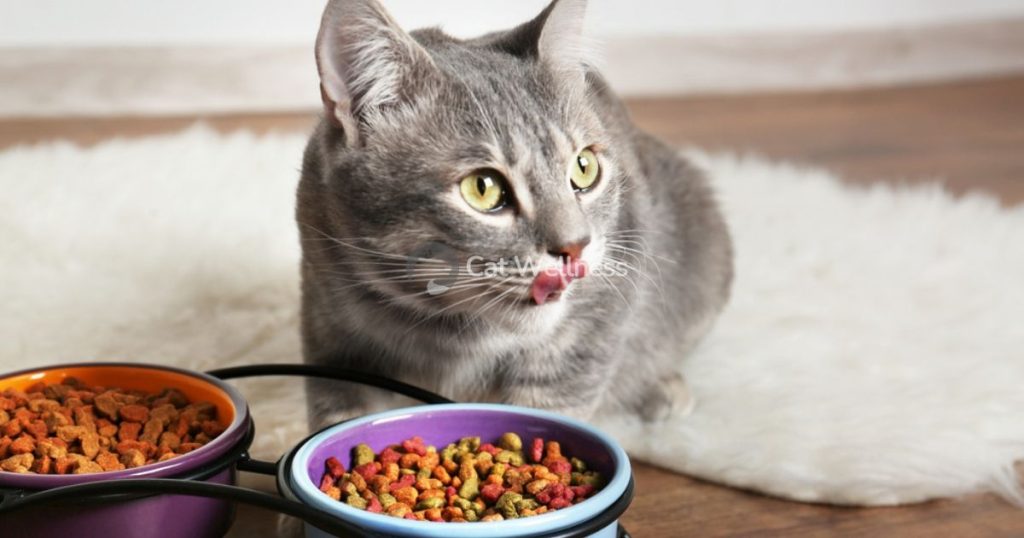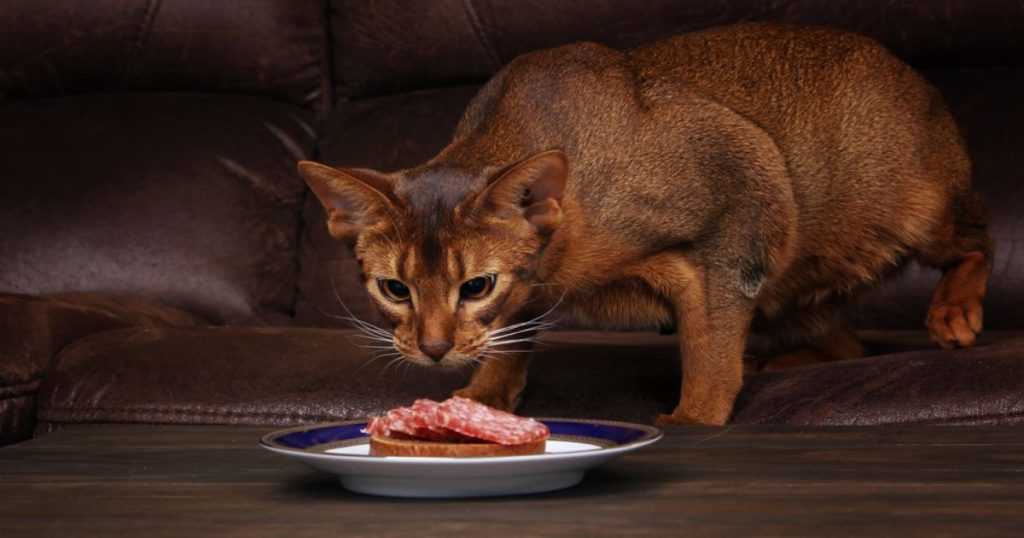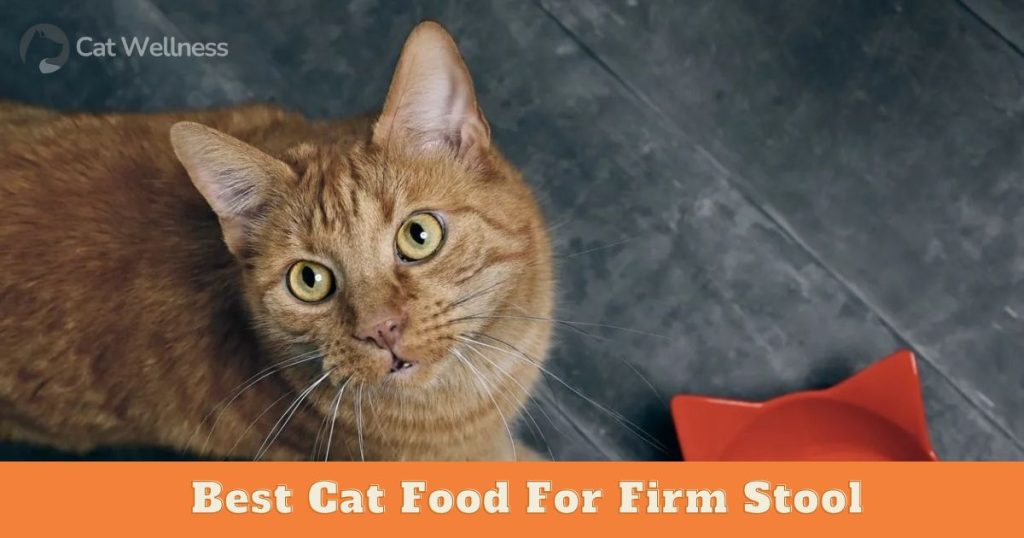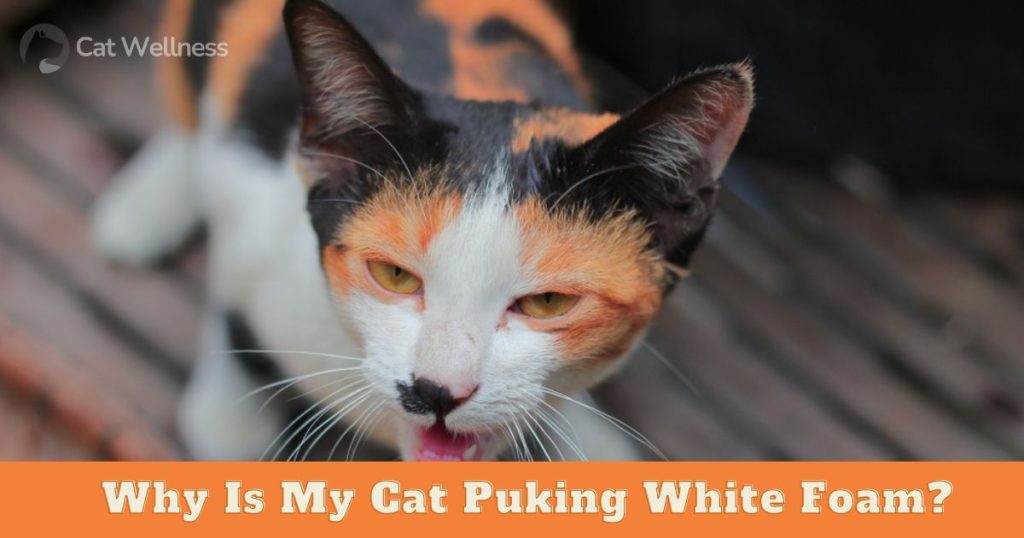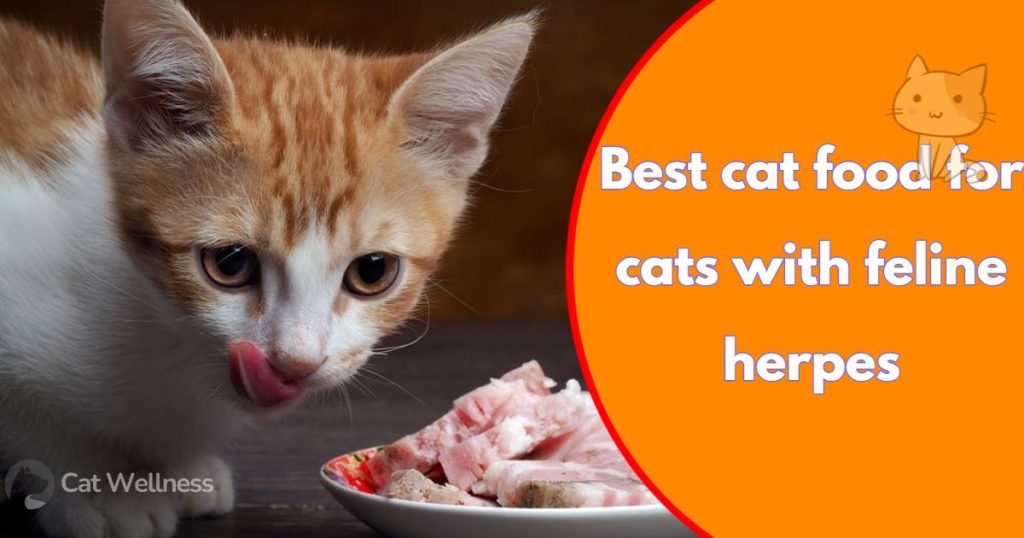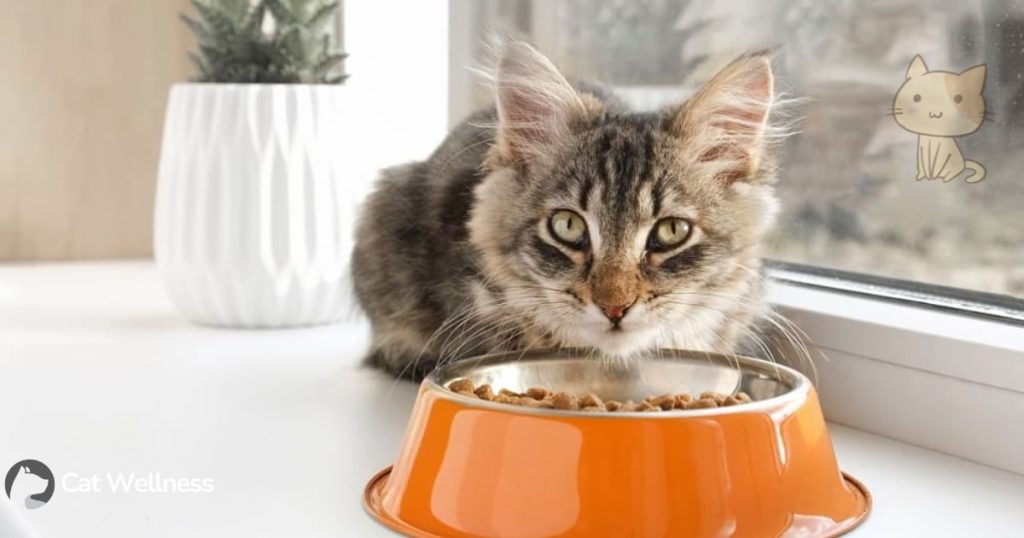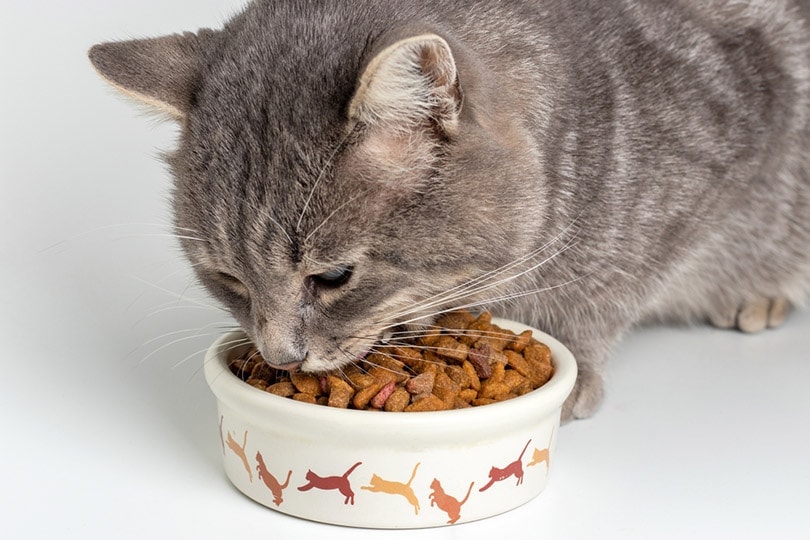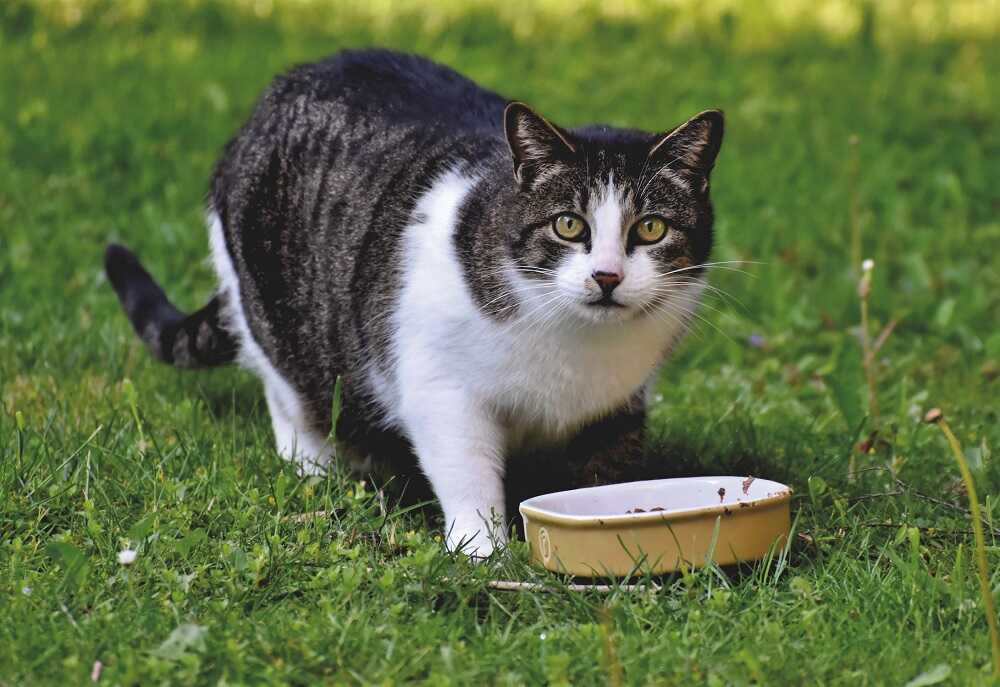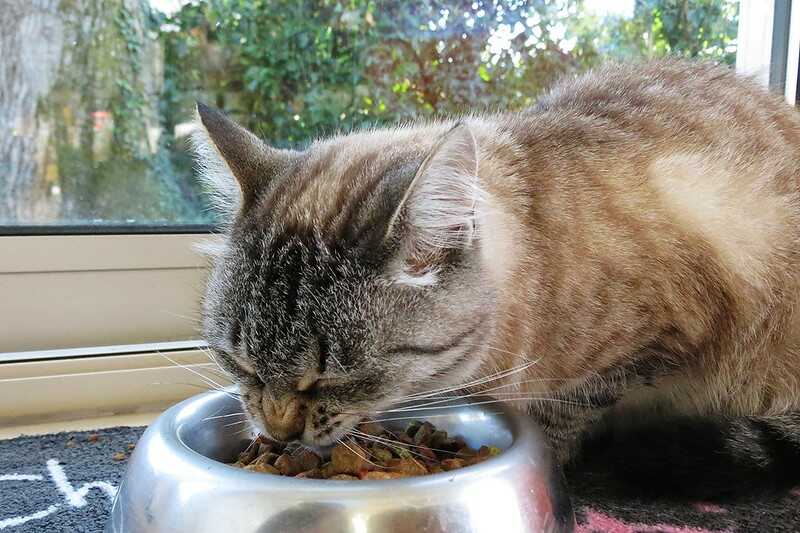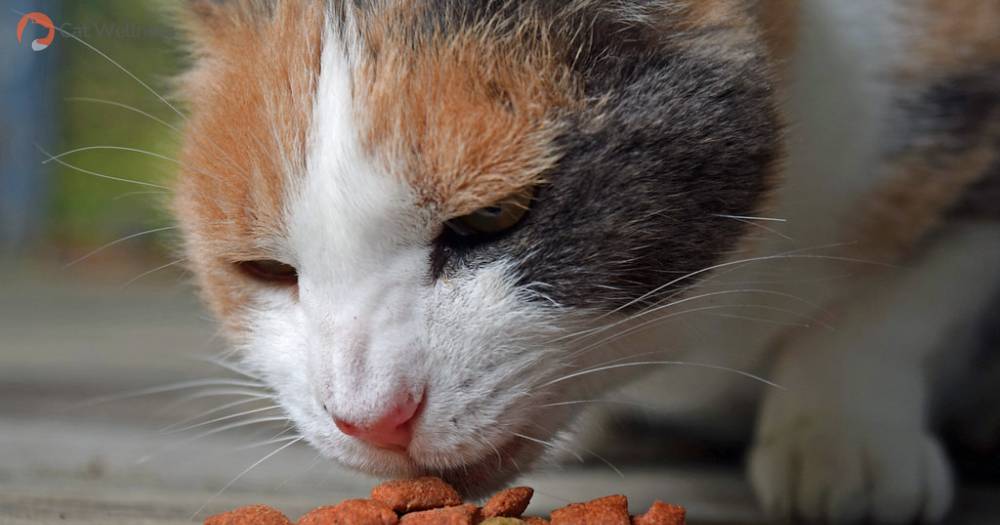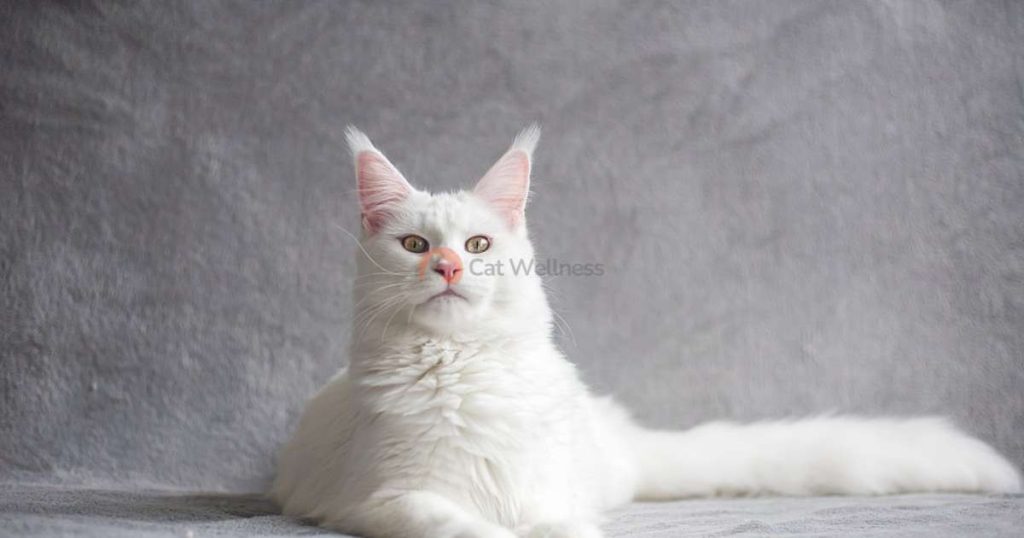Our feline companions hold a special place in our hearts in pet ownership. Their imperious looks, playful paw bops, and deep-throaty purrs make them cherished members of our families.
However, the inevitable truth is that there comes a time when we must say goodbye to our beloved cats. This article will explore the signs and symptoms to look out for when wondering, “What does a cat do before death?“
Recognising these subtle cues can help us provide the extra care and comfort our feline friends need and identify issues early enough to extend their quality of life a little longer.
What Does A Cat Do Before Death? Common to Obvious Signs
As individuals who care for pets, it can be challenging to discern when a cat is nearing the end of its life.
Alterations in their behaviour and physical appearance may occur gradually, making it challenging to identify these indicators.
Learning to detect these signals is crucial, enabling you to offer optimal care during their final moments.
Changes in Behavior
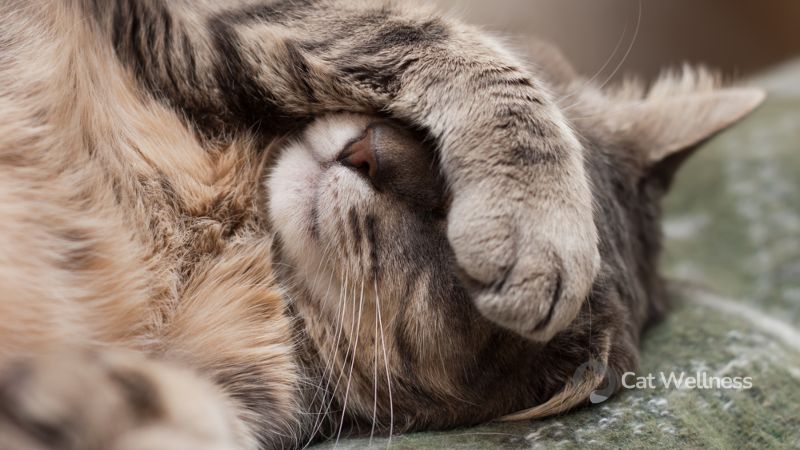
One of the clearest indicators that your cat might be approaching the end of its life is a sudden shift in its behaviour or disposition.
Cats tend to become more affectionate near their final days, seeking increased attention and being more vocal.
Conversely, some cats may become less active and withdrawn, sleeping more than usual and losing interest in playtime or interacting with humans.
It’s essential to observe any alterations in their behaviour that could suggest something is amiss.
Physical Symptoms
Certain physical signs can also indicate that a cat is nearing the end of its life. Loss of appetite, weight loss, and a deteriorating coat condition are common signs of illness in cats.
Additionally, difficulty breathing or laboured breathing can be cause for concern. If you detect any of these symptoms in your cat, it’s crucial to take them to the vet for evaluation and treatment promptly.
Furthermore, cats may develop limping or coordination problems if they are nearing the end of their life due to age-related issues such as arthritis or other joint problems.
Paining Sign
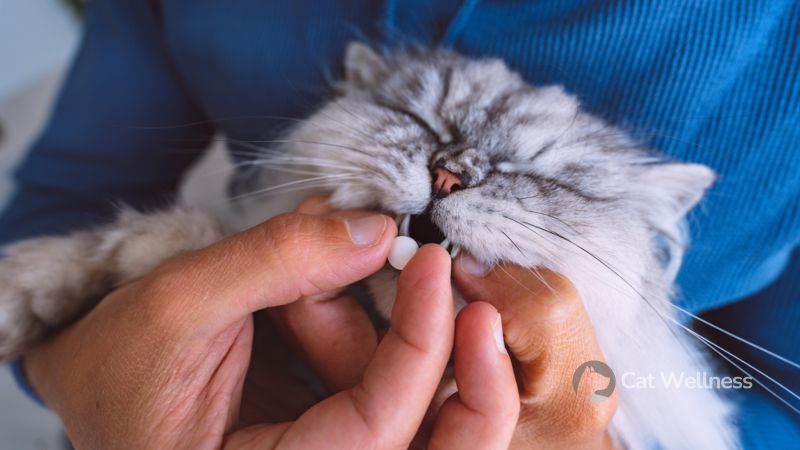
Cats typically exhibit clear signs when experiencing pain due to an illness or injury. They may meow incessantly or retreat from people; some cats may even neglect their grooming routines if they feel uncomfortable or unwell.
Vigilantly observing changes in behaviour can aid in identifying whether your cat is struggling with pain from an illness or injury before it reaches a critical stage.
Initial Indicators
The initial signs that your cat may be nearing the end of its life typically include a reduced appetite, increased fatigue or lethargy, difficulties in mobility, and changes in alertness.
Additionally, your veterinarian might observe physical changes like abdominal swelling due to fluid retention, decreased muscle mass, and heightened breathing effort.
It is crucial to promptly consult with a vet upon noticing these signs to explore treatment options and ensure your pet’s comfort.
Severe Weight Loss
Significant weight loss is a frequent occurrence in older cats. Some of this can be attributed to the natural loss of muscle mass that occurs with aging.
As your cat ages, her body becomes less effective at processing and synthesising proteins, decreasing muscle mass. Even if your cat is consuming a sufficient amount of food, she may still experience weight loss.
Increased Hiding Behavior
Hiding is a clear indicator of illness in cats, although pinpointing it can be challenging.
Many cats naturally hide frequently, but there are certain signs to watch out for, such as an uptick in hiding, choosing new hiding spots, and a reluctance to emerge even for regular positive events like meal times.
Loss of Appetite
When your cat is unwell, she may lose her appetite. Some medications can also dull your cat’s sense of taste and smell, reducing her interest in food.
Warming up her food or adding a small amount of tuna juice to enhance its aroma and stimulate her appetite.
End-of-Life Care
You may consider providing palliative care during the final days of your cat’s life.
This often entails administering pain relief to alleviate discomfort, managing their nutrition, possibly through liquid diets, maintaining a warm and comfortable environment, and closely monitoring their condition until it’s time for euthanasia.
Engaging in discussions with a vet is essential to determine the best approach for maintaining your cat’s quality of life until the end.
Final Moments
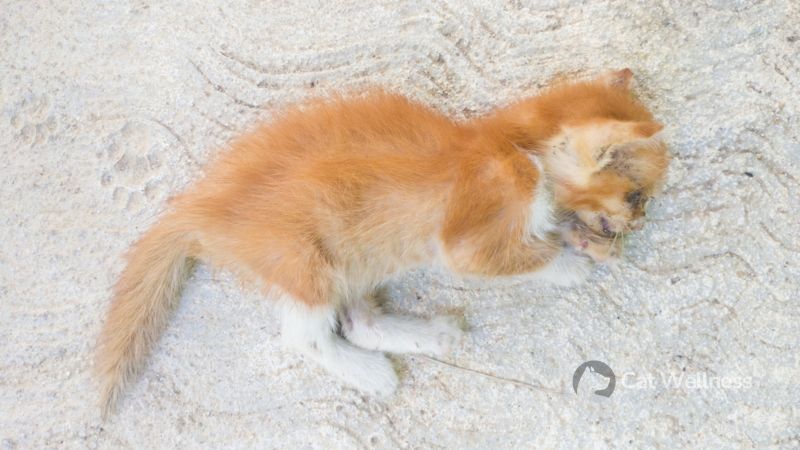
When the moment arrives for the vet to euthanise your cat, it’s important to remain composed while bidding farewell.
Be prepared for your cat to take one or two deep breaths before peacefully passing away; this is a natural occurrence.
It’s advisable to have someone by your side to provide comfort and support during the euthanasia procedure (if applicable) and when dealing with the emotions that arise during this challenging moment.
FAQs
Do cats say goodbye before they die?
Cats cannot communicate in the same way humans do. While some pet owners may perceive behavioural changes or signs of illness in their cats before they pass away, it’s important to remember that cats cannot express their impending passing in words or consciously say goodbye.
Do cats get angry before they die?
Cats may exhibit changes in behaviour or mood when unwell or in pain, but it’s inaccurate to say they get angry before they die.
These changes are often due to discomfort or distress associated with their illness. It’s crucial to provide comfort and care during this time.
What to do when a cat is at the end of life?
When a cat is nearing the end of its life, it’s essential to prioritise their comfort and well-being. You can:
– Consult with a veterinarian for guidance on managing pain and discomfort.
– Keep your cat in a quiet, familiar, and comfortable environment.
– Provide soft bedding and warmth.
– Offer small, easily digestible meals if your cat can still eat.
– Spend quality time with your cat to offer comfort and companionship.
Do cats pass away in their sleep?
Some cats may pass away in their sleep, especially if they have chronic or terminal illnesses. However, this is not guaranteed, and many cats with serious health issues may require medical intervention or euthanasia to prevent suffering.
How can I help my cat pass away peacefully?
Helping your cat pass away peacefully involves providing a comfortable and supportive environment during their final moments. You can:
– Consult with a veterinarian to ensure your cat is as comfortable as possible.
– Stay with your cat to offer reassurance and comfort.
– Keep the environment calm and quiet.
Conclusion
It’s entirely natural to feel sadness and grief after losing your cat. Your cat held a significant place in your life, offering companionship and affection.
Besides, consider taking a personal day off work and confiding in your loved ones for support if necessary.
While no other pet can replace your cat, each brings unique qualities and holds a special place in our hearts.
Above all, reminisce about your cat’s happiest moments by looking at old photos and videos, and think about meaningful ways to commemorate her memory.
See more: 12 critical signs that indicate your cat is going to die in video blow
For anyone here who has lost their fury friend, my heart goes out to you!
Recommended Reading

